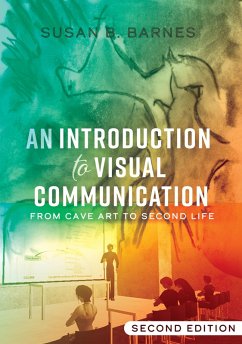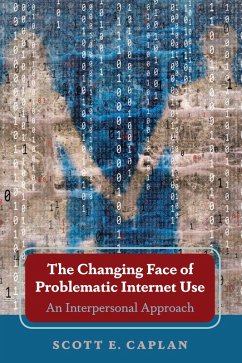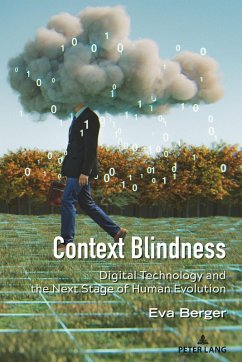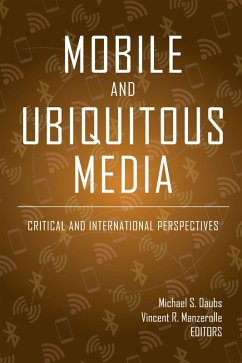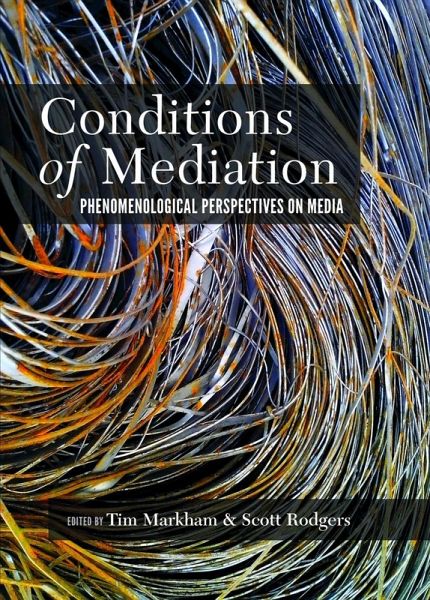
Conditions of Mediation (eBook, ePUB)
Phenomenological Perspectives on Media
Versandkostenfrei!
Sofort per Download lieferbar
Statt: 107,25 €**
45,95 €
inkl. MwSt.
**Preis der gedruckten Ausgabe (Gebundenes Buch)
Alle Infos zum eBook verschenkenWeitere Ausgaben:

PAYBACK Punkte
23 °P sammeln!
Phenomenology has become one of the most important philosophical traditions underpinning recent theory and research on new media, whether or not the word is used explicitly. Conditions of Mediation brings together, for the first time in a single publication, the diversity of phenomenological media research-from social platforms and wearable media to diasporic identity formation and the ethics of consumer technologies.The new orthodoxy in media studies emphasizes the experience of media-whether as forms, texts, technics or protocols-marking a departure from traditional approaches preoccupied wi...
Phenomenology has become one of the most important philosophical traditions underpinning recent theory and research on new media, whether or not the word is used explicitly. Conditions of Mediation brings together, for the first time in a single publication, the diversity of phenomenological media research-from social platforms and wearable media to diasporic identity formation and the ethics of consumer technologies.
The new orthodoxy in media studies emphasizes the experience of media-whether as forms, texts, technics or protocols-marking a departure from traditional approaches preoccupied with media content or its structural contexts. But phenomenologically informed approaches go beyond merely asking what people do with media. They ask a more profound question: what constitutes the conditions of mediated experience in the first place?
Beginning with an accessible introduction, this book invites readers to explore a wide range of phenomenological perspectives on media via two critical dialogues involving key thinkers alongside a series of theoretically sophisticated and empirically grounded chapters. In so doing, interdisciplinary media studies is brought into conversation with the work of philosophers such as Edmund Husserl, Martin Heidegger and Maurice Merleau-Ponty, as well as phenomenologically-inspired thinkers such as Erving Goffman, Pierre Bourdieu, Tim Ingold, Henri Lefebvre, Friedrich Kittler, Marshall McLuhan and Bernard Stiegler.
The new orthodoxy in media studies emphasizes the experience of media-whether as forms, texts, technics or protocols-marking a departure from traditional approaches preoccupied with media content or its structural contexts. But phenomenologically informed approaches go beyond merely asking what people do with media. They ask a more profound question: what constitutes the conditions of mediated experience in the first place?
Beginning with an accessible introduction, this book invites readers to explore a wide range of phenomenological perspectives on media via two critical dialogues involving key thinkers alongside a series of theoretically sophisticated and empirically grounded chapters. In so doing, interdisciplinary media studies is brought into conversation with the work of philosophers such as Edmund Husserl, Martin Heidegger and Maurice Merleau-Ponty, as well as phenomenologically-inspired thinkers such as Erving Goffman, Pierre Bourdieu, Tim Ingold, Henri Lefebvre, Friedrich Kittler, Marshall McLuhan and Bernard Stiegler.
Dieser Download kann aus rechtlichen Gründen nur mit Rechnungsadresse in A, D ausgeliefert werden.




